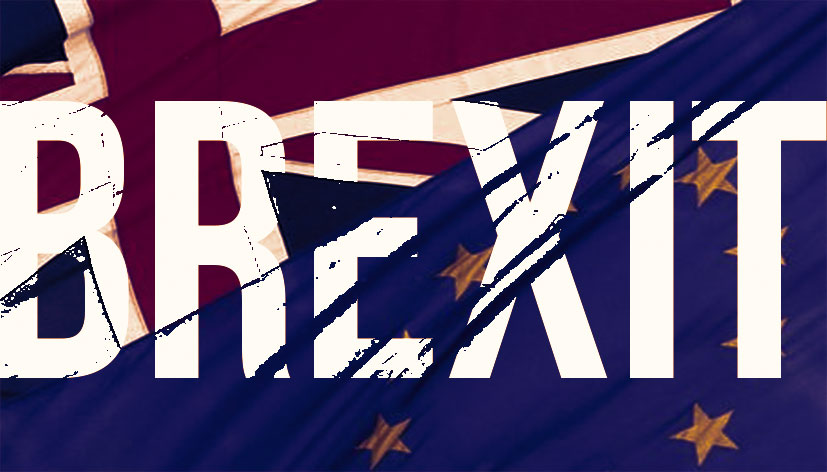Related: Financial Sector ETFs Plunge on Brexit Contagion
“To support the functioning of markets, the Bank of England stands ready to provide more than £250bn of additional funds through its normal facilities. The Bank of England is also able to provide substantial liquidity in foreign currency, if required.” Mark Carney, Governor of the Bank of England, said in a statement.
“The ECB stands ready to provide additional liquidity, if needed, in euro and foreign currencies,” according to an ECB statement.
Consequently, investors may turn to extended duration Treasury bond ETFs as a source of potential returns and yield generation. Among the best performing Treasury bond ETFs so far this year, the iShares 20+ Year Treasury Bond ETF (NYSEArca: TLT) gained 10.8%, PIMCO 25+ Year Zero Coupon US Treasury (NYSEArca: ZROZ) increased 16.0% and Vanguard Extended Duration Treasury ETF (NYSEArca: EDV) advanced 15.6%.
TLT has a 17.82 year duration, 2.33% 30-day SEC yield and a 0.15% expense ratio. ZROZ has a 27.22 year duration, a 2.47% 30-day SEC yield and a 0.16% expense ratio. EDV comes with a 25.8 year duration, 2.54% 30-day SEC yield and a 0.10% expense ratio.
Moreover, fixed-income investors may consider Treasury inflation protected securities, or TIPS, as a way to hedge against rising inflationary pressures. For TIPS exposure, investors can look at options like the iShares TIPS Bond ETF (NYSEArca: TIP), Schwab U.S. TIPS (NYSEArca: SCHP) and SPDR Barclays TIPS ETF (NYSEArca: IPE).
While inflation expectations may remain muted now, investors are already looking into TIPS as a hedge against rising prices ahead. TIPS returns are affected by interest-rate risk as well as changes in the principal value when the Consumer Price Index moves. The securities will adjust their principal value upward in response to a higher CPI. Investors will typically look at TIPS ahead of an inflationary period since buying TIPS after inflation has gone up means that the security has already priced in the inflation and investors would likely be overpaying for the TIPS exposure.
